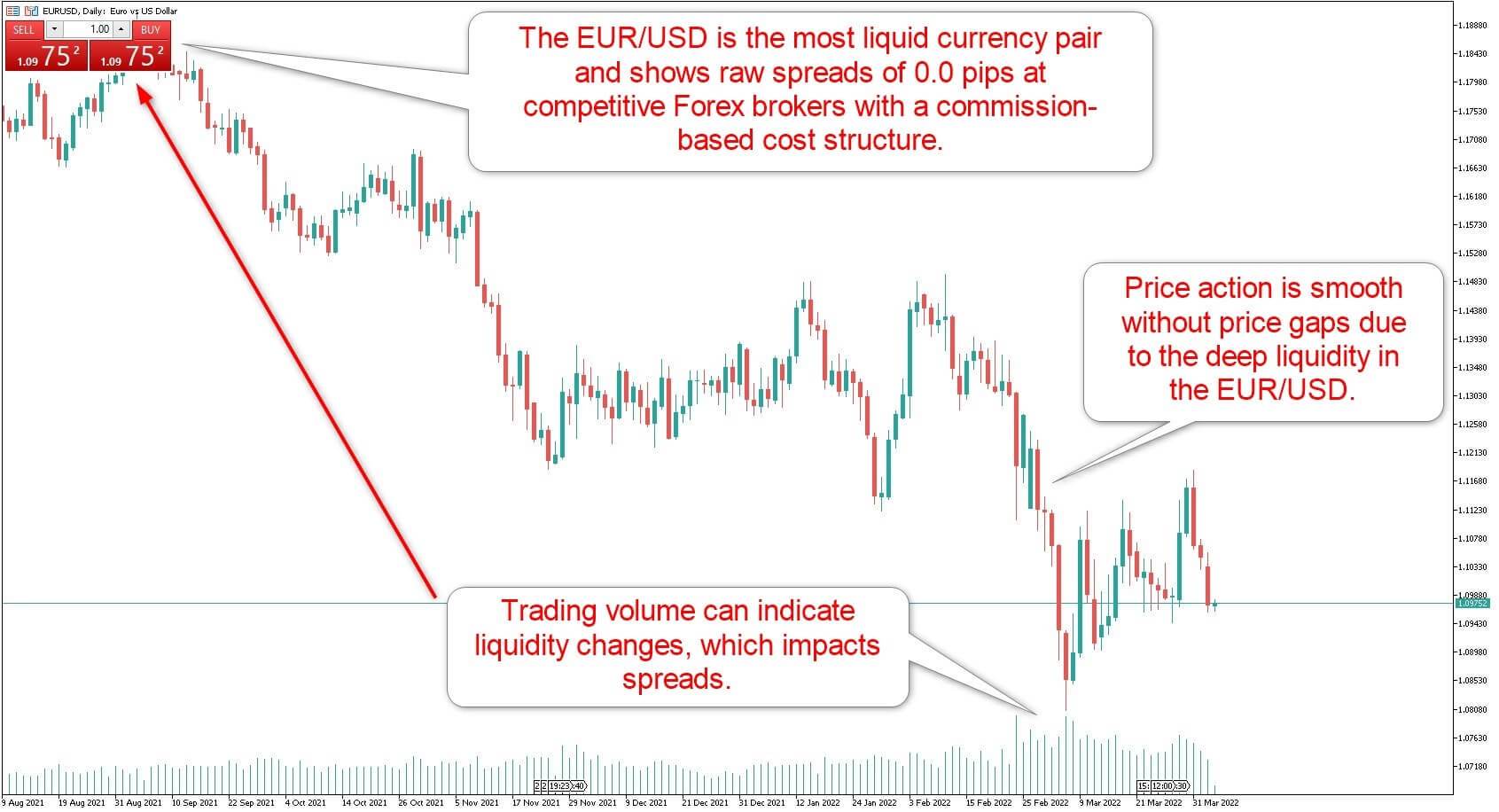
The first REIT was established in 1960. The law was called Public Law 86-779 and was sometimes referred as the Cigar Excise Tax Extension. It was passed in order to offer equal opportunities to all investors who invest in real estate. The first REIT was called the American Realty Trust, and it was founded by Thomas J. Broyhill, a cousin of U.S. Joel Broyhill is a Virginia Congressman. Broyhill was a former realtor and was the main supporter for REITs.
Investing in a REIT
Before you invest your money in a REIT (real estate investors trust), you need to be familiarized with REITs. These can be purchased through an exchange-traded fund or a brokerage account. These companies have historically performed well, and most investors look for companies in the FTSE NAREIT Equity REIT Index, which is a free-float adjusted market capitalization-weighted index of U.S. equity REITs.

Benefits of investing with a REIT
Real estate investors trusts (REITs), are great for diversifying your portfolio and making passive income. Reit shareholders receive at least 90% of the taxable income in dividends. REITs, unlike equity stocks which are volatile, can be bought or sold online with a few clicks. These REITs also pay higher dividends than other equity stocks, which is good news for income-oriented investor.
Investing in a REIT through a retirement account
It is possible to invest in REITs through your retirement account. This will allow you to add real estate exposure to the portfolio. This type of investment isn't for everyone. Investing in a single REIT is like buying stock in one company. While this can add another sector to your portfolio, it does not necessarily create diversification. Your employer should provide information to help you determine your options when it comes to real property.
Fundrise eREITs
eREITs is a term used for real estate investors trusts. Their shares are taxed at each investor's level and not at the company. Fundrise's eREITs, however, are not exceptions. The company will instead of making taxable distributions of units to holders, it will make a high-yield cash distribution at each quarter's close. Investors who seek steady income can benefit from this lucrative extra revenue stream.

The Growth of REITs
REITs are growing in popularity due to increased interest in real-estate. These REITs invest directly in properties. The business model for REITs relies on issuing debt and raising equity. In the credit crisis, it was difficult to get cheap capital. Today, many investors are wary of the rise in interest rates, although global interest rates remain near historic lows. REITs are very sensitive to interest rate changes and can act as a valuable diversifier in the equity portion of an investor’s portfolio.
FAQ
Why is marketable security important?
A company that invests in investments is primarily designed to make investors money. It does so by investing its assets across a variety of financial instruments including stocks, bonds, and securities. These securities are attractive because they have certain attributes that make them appealing to investors. They may be considered to be safe because they are backed by the full faith and credit of the issuer, they pay dividends, interest, or both, they offer growth potential, and/or they carry tax advantages.
Marketability is the most important characteristic of any security. This is the ease at which the security can traded on the stock trade. You cannot buy and sell securities that aren't marketable freely. Instead, you must have them purchased through a broker who charges a commission.
Marketable securities include government and corporate bonds, preferred stocks, common stocks, convertible debentures, unit trusts, real estate investment trusts, money market funds, and exchange-traded funds.
Investment companies invest in these securities because they believe they will generate higher profits than if they invested in more risky securities like equities (shares).
How are share prices set?
Investors who seek a return for their investments set the share price. They want to make a profit from the company. They buy shares at a fixed price. If the share price increases, the investor makes more money. If the share value falls, the investor loses his money.
Investors are motivated to make as much as possible. This is why they invest. This allows them to make a lot of money.
What's the difference between a broker or a financial advisor?
Brokers help individuals and businesses purchase and sell securities. They take care of all the paperwork involved in the transaction.
Financial advisors can help you make informed decisions about your personal finances. They can help clients plan for retirement, prepare to handle emergencies, and set financial goals.
Banks, insurance companies and other institutions may employ financial advisors. They could also work for an independent fee-only professional.
If you want to start a career in the financial services industry, you should consider taking classes in finance, accounting, and marketing. Additionally, you will need to be familiar with the different types and investment options available.
What is a "bond"?
A bond agreement between two people where money is transferred to purchase goods or services. Also known as a contract, it is also called a bond agreement.
A bond is typically written on paper, signed by both parties. The document contains details such as the date, amount owed, interest rate, etc.
The bond can be used when there are risks, such if a company fails or someone violates a promise.
Sometimes bonds can be used with other types loans like mortgages. This means that the borrower must pay back the loan plus any interest payments.
Bonds can also be used to raise funds for large projects such as building roads, bridges and hospitals.
It becomes due once a bond matures. When a bond matures, the owner receives the principal amount and any interest.
Lenders lose their money if a bond is not paid back.
What's the difference between the stock market and the securities market?
The entire list of companies listed on a stock exchange to trade shares is known as the securities market. This includes stocks and bonds, options and futures contracts as well as other financial instruments. Stock markets can be divided into two groups: primary or secondary. Stock markets are divided into two categories: primary and secondary. Secondary stock markets allow investors to trade privately on smaller exchanges. These include OTC Bulletin Board (Over-the-Counter), Pink Sheets, and Nasdaq SmallCap Market.
Stock markets have a lot of importance because they offer a place for people to buy and trade shares of businesses. The value of shares is determined by their trading price. Public companies issue new shares. Dividends are paid to investors who buy these shares. Dividends are payments that a corporation makes to shareholders.
Stock markets provide buyers and sellers with a platform, as well as being a means of corporate governance. The boards of directors overseeing management are elected by shareholders. The boards ensure that managers are following ethical business practices. If a board fails to perform this function, the government may step in and replace the board.
Statistics
- The S&P 500 has grown about 10.5% per year since its establishment in the 1920s. (investopedia.com)
- For instance, an individual or entity that owns 100,000 shares of a company with one million outstanding shares would have a 10% ownership stake. (investopedia.com)
- "If all of your money's in one stock, you could potentially lose 50% of it overnight," Moore says. (nerdwallet.com)
- Even if you find talent for trading stocks, allocating more than 10% of your portfolio to an individual stock can expose your savings to too much volatility. (nerdwallet.com)
External Links
How To
How to Trade on the Stock Market
Stock trading is the process of buying or selling stocks, bonds and commodities, as well derivatives. Trading is French for "trading", which means someone who buys or sells. Traders sell and buy securities to make profit. This type of investment is the oldest.
There are many methods to invest in stock markets. There are three basic types: active, passive and hybrid. Passive investors simply watch their investments grow. Actively traded traders try to find winning companies and earn money. Hybrid investors use a combination of these two approaches.
Passive investing is done through index funds that track broad indices like the S&P 500 or Dow Jones Industrial Average, etc. This approach is very popular because it allows you to reap the benefits of diversification without having to deal directly with the risk involved. You can just relax and let your investments do the work.
Active investing involves picking specific companies and analyzing their performance. Active investors look at earnings growth, return-on-equity, debt ratios P/E ratios cash flow, book price, dividend payout, management team, history of share prices, etc. They will then decide whether or no to buy shares in the company. If they feel that the company is undervalued, they will buy shares and hope that the price goes up. On the other hand, if they think the company is overvalued, they will wait until the price drops before purchasing the stock.
Hybrid investments combine elements of both passive as active investing. You might choose a fund that tracks multiple stocks but also wish to pick several companies. In this case, you would put part of your portfolio into a passively managed fund and another part into a collection of actively managed funds.